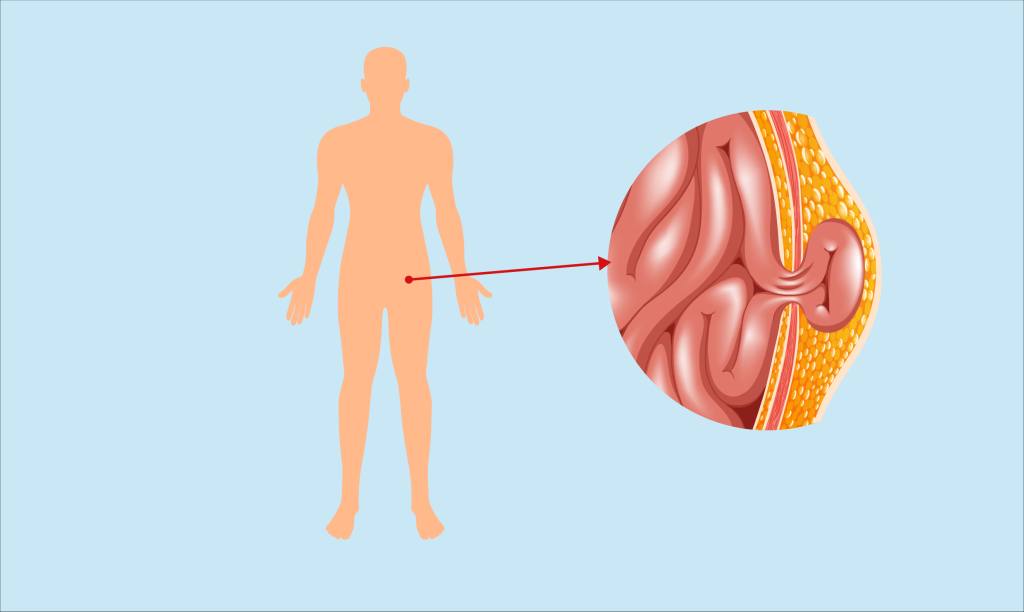In this blog, we’ll share some tips on how to prevent hernia. So, let’s begin by explaining what hernia is for those who don’t know.
What is Hernia?
A hernia is a hole in the muscle or abdomen that occurs when a part of an internal organ pushes through the wall of the muscle. In other words, hernias usually occur in the stomach and groin and show as bulges along scars from previous surgical procedures or in the midsection.
This widespread condition affects more than half a million Americans every year. Fortunately, if you are wondering how to avoid hernias, there are some things you can do to prevent them from developing. Without further ado, let’s dive into hernia prevention!
How to Prevent a Hernia
Here are five things you can do in order to help prevent developing hernia:
- Get plenty of exercise
We all know that regular physical activity is the best thing we can do for our health, so this is kind of common knowledge. It’s crucial to get plenty of exercise. Don’t be lazy; begin slowly. To start, you can incorporate morning walks into your day. Later on, try to go on foot everywhere you go.
If you regularly go to the gym, lifting heavy weights can increase your risk of developing a hernia. So, how to avoid hernia? Make sure to warm up your body before the workout. Also, start with lighter weights and then work slowly to heavy lifting. Always bend your knees and strengthen your core muscles. Strong core muscles will reduce the pressure on your abdominal wall and prevent the development of a hernia. Maintain a proper posture—straight back and shoulders slightly down and locked. Concentrate and visualize the movement in your head. Avoid rushing, and if you feel pain, stop immediately!
Below, you can find exercises you should practice regularly to prevent hernia.

- Maintain a healthy weight
Obesity can put enormous pressure on your abdominal wall, causing it to weaken over time. So, it’s a no-brainer that being overweight can increase your risk of hernia.
How you can maintain a healthy weight? Avoid processed foods, sugary beverages, fast food, frozen pizza, frozen meals, snacks, most breakfast cereals, and canned foods. Instead, try including these high-fiber foods in your diet: vegetables, legumes, nuts and seeds, and whole grains. Your body will thank you.
- Core strength
Strengthening the muscles surrounding your abdomen and groin is crucial. Regular core exercises will help them stay elastic and strong.
There’s no better core-strengthening exercise than the plank. Imagine you want to do a push-up but hold yourself up on your elbows instead. If you are a beginner in a plank, try to hold for at least 30 seconds. In time, increase that to 45 seconds and finally 1 minute. Repeat this for three sets. As you can see, it will only take 5 minutes of your time, so there’s no excuse not to do a plank every day.
Yoga can also help to strengthen the weak abdominal muscles that can lead to hernia development. Consider taking a yoga class once or twice a week, or you can do it in the comfort of your home; find a course that fits your needs online.
- Control your blood sugar levels
Controlling diabetes is also very important in hernia prevention. Improve your glucose levels through a better diet, consuming lower-calorie foods, and reducing your intake of sugar, salt, and trans fat. As we mentioned earlier, try using whole-grain cereals, rice, and bread.
- Quit smoking
Last but not least, to reduce your risk of developing hernia, it is vital to stop smoking. Smokers are plagued by persistent, violent coughing that can contribute to hernia development. However, if you can’t quit smoking, try to cut back as much as possible.
Exercises to Prevent Hernia
Let’s discuss exercises for hernia that you can start implementing in your everyday routine to reduce the risk of hernia.
These exercises include yoga, sit-ups, lifting light weights, pilates, aerobics, cycling, and walks. Pretty much anything that will increase your core strength will help you avoid developing this condition.
As mentioned, a plank is the best exercise for your core, but besides this, you can also do flutter kicks, seated knee tucks, crunches, bicycle crunches, leg raises, and plank jacks. There are a lot of videos on YouTube where you can see how to do any of these exercises correctly.
Make sure to avoid squats, heavy lifting, or jumps.
Summary
To sum up, preventing hernias involves lifestyle adjustments and proactive health management. Strengthening your core muscles, managing persistent coughing, lifting light weights, practicing good posture, maintaining a healthy weight, and consuming a high-fiber diet can significantly reduce your risk of developing them.
These proactive steps will improve your overall health and help to prevent the development of hernias.


